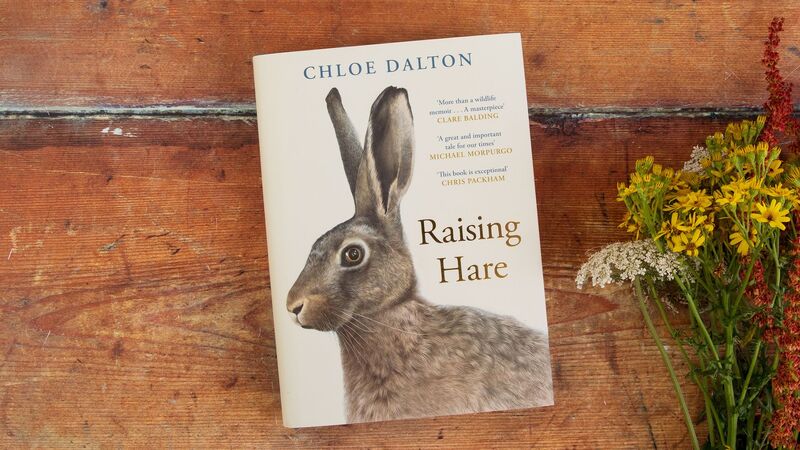You are viewing your 1 free article this month. Login to read more articles.
Marilynne Robinson: A tale of faith and fathers
More than 20 years ago, Marilynne Robinson published her first novel Housekeeping to great acclaim. Then, aside from some non-fiction, there was a long silence. Now Gilead (UK publication by Virago, 7th April, h/b, £14.99, 1844081478) has appeared to excellent reviews in the US. The novel, as one might expect from Robinson's unconventional career, ignores literary fashion; written with immense thoughtfulness, it is deeply informed by the author's Christian faith.
Gilead is narrated by John Ames, an elderly pastor in a small parish in Iowa. Ames is writing the book as a letter to his young son; the child is only seven, a blessing that came late in life, and the pastor knows he will not live to see the boy grow up. So he writes a letter for him as an adult, to offer what fathering he can to his grown boy.
The novel muses on Ames' own father and grandfather, both pastors, but divided on the issue of pacifism in the abolitionist war. Ames also ponders his own difficult relationship with his ne'er-do-well godson, the problem child of his best friend Broughton. The title Gilead refers to a land traditionally associated with blessing or healing, and these are key themes of the novel.
Over the phone from her home in Iowa, Robinson explains that she has spent the past 20 years "living her life", teaching at Iowa writers' workshops, with the freedom to explore her own interests. "I didn't feel I wanted to write something I wasn't deeply committed to."
The character of John Ames came to her while she was "fiddling around with another piece of fiction that I didn't much like. He took over the fiction. I felt that I knew a great deal about him, and fortunately he and I had a great many interests in common.
"I'm very interested in parent/child relations, and simply human relations in general. When John Ames began to come to my mind, I saw him as sitting at a desk with a child lying on the floor drawing pictures, and with him writing to the child as an adult.
"Ames' situation makes him very sensitive to what fatherhood has meant to him, and what it means to his friend Broughton. I think that in a way part of the definition of fatherly love that he arrives at is a love that is loyal beyond being deserved. He truly feels this when he writes to his son: 'I hope you have grown up to be a good man, but if you're not, I love you absolutely.'
"A great part of the meaning of religious culture is associated with blessing, which seems to me to be an amazing thing: the idea that somehow people communicate to one another something that transcends simple worldly terms. One of the things that has been very touching to me about the experience of publishing this book is that I've gotten lots of letters from clergy saying about the book, 'That's exactly what it [being a pastor] is like'. "
Benedicte Page









